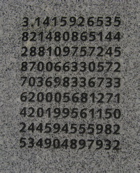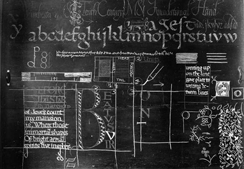Getting attention for your research
Seth Finkelstein over at Infothought comments on the media attention being given to Psyphon:
I’m all for this project, but the activism lesson I draw from its prominent coverage is NOT necessarily a happy one. There’s been activists working on this sort of stuff for years and years. The critical variable here is not technology, since those reporters wouldn’t be able to tell a Tor from a FreeNet. What matters is *ATTENTION*. The backing from the various organizational sponsors is the reason for the widespread publicity.
Seth beats this drum pretty regularly (usually with lament) but echos what Bill Buxton phrased as a battlecry at CSCW, namely that making an impact in the world isn’t about having brand new ideas, it’s about understanding which ideas are ripe for exploitation and then having the ability to marshal the right resources to get them into the world. Buxton feels that the research community in general isn’t putting enough effort into that last bit, and believes in the overall philosophy so much that he’s essentially become a full-time evangelist and public speaker rather than doing his own research.
Getting attention for your research Read More »

